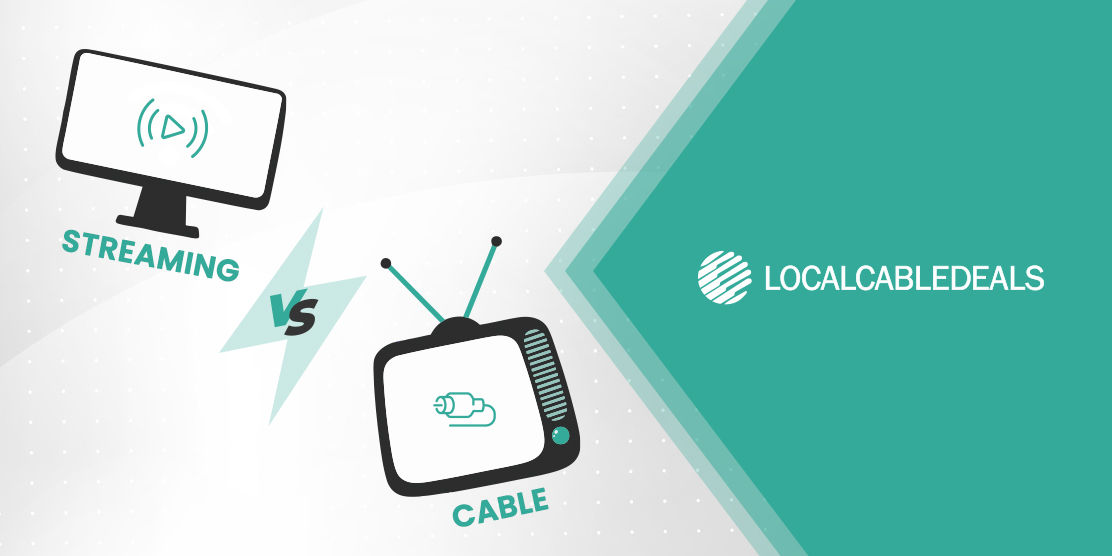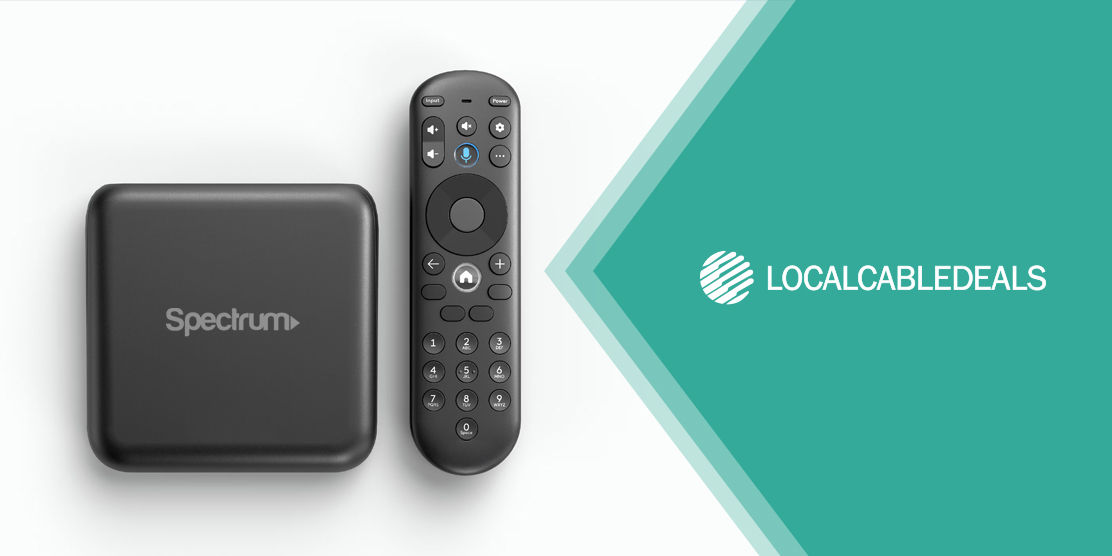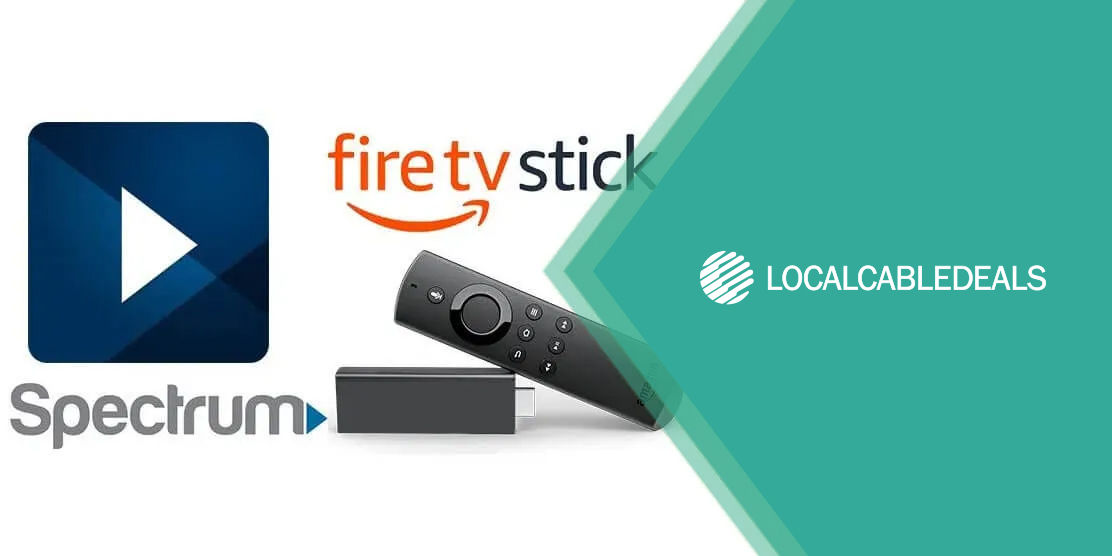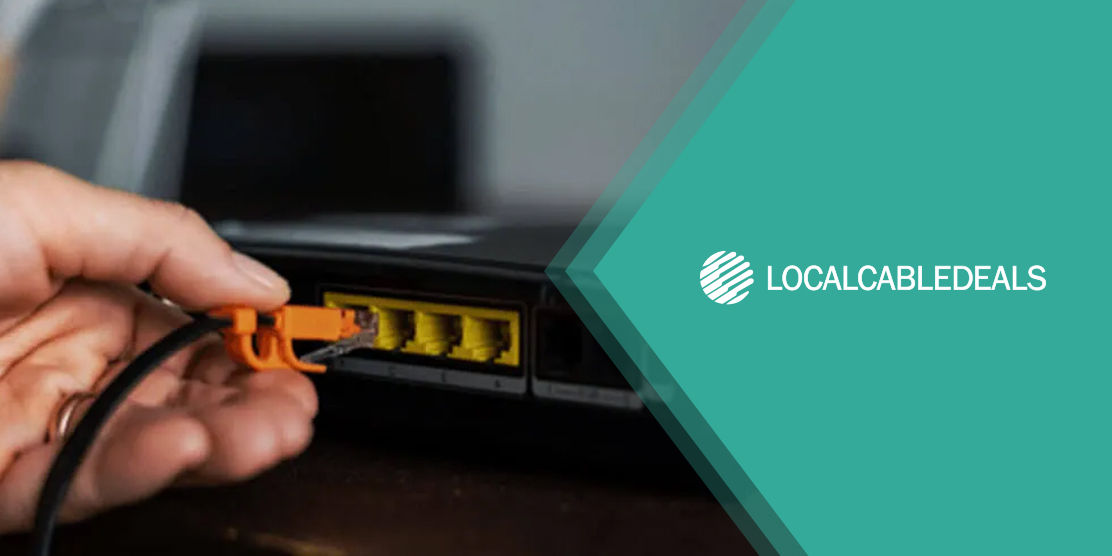The streaming vs. cable debate has been on for quite some time, especially in my household.
We’re all entertainment freaks, so selecting a viable entertainment platform to quench our thirst for good TV has been essential.
Since I’m the eldest, my dad has given me the responsibility to choose the right option.
Tough job? Tell me about it!
I know many of you are in the same boat. Let’s sail together until we reach the end of this blog and see if we can choose our dream entertainment platform. We’re in this together!

My Observation
I’ll begin by comparing the lives of two of my very close relatives.
Meet Uncle Henry- my 60-year-old paternal uncle. He’s a retired army officer who likes spending time at home.
Say hello to cousin Julian- my 35-year-old cousin. She’s a small business owner who likes binge-watching her favorite shows at night to unwind after a long day of dealing with customers
This is what his daily routine looks like:
- He has breakfast at 9 while watching a morning show
- He makes sure to have lunch at 3 so he can enjoy his steaks with the news headlines
- He savors his dinner at 8 with a new episode of the famous '90s show ‘Full House’
This is what her normal day looks like:
- She wakes up at 10 a.m.
- Makes herself a nice breakfast
- Rushes to open her laptop
- Starts checking her emails
- Dispatches all the orders
- And finally, enjoys a light-hearted show with her cup of coffee at night
- She watches as many episodes as she likes until she falls asleep.
‘I like having something to look forward to, these TV shows brighten my day.’
This is what Uncle Henry says whenever we ask him why his day revolves around watching cable TV.
Julian, on the other hand, is a very dedicated businesswoman. This is what she says whenever I ask her why she prefers binge-watching at night:
‘I like finishing the entire season in a day. I don’t have the patience to wait for the episodes to air every week.’
After analyzing the situation of these two family members, I realized that one is inclined towards cable TV, while the other one can’t live without her streaming best friend- Netflix.
But which one is better?
I started comparing the two platforms and came up with some pretty interesting facts about them.
Streaming vs. Cable: The Key Differences
I’ve shortlisted the prominent differences to help you decide which platform suits you the best.
But first, I want you to understand how streaming and cable TV actually work.
Cable TV
Mode of transfer: Uses a physical coaxial cable to send TV signals to your house
Channel count: Offers a fixed channel lineup
Equipment required:
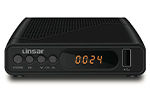
Set-top box

Connecting cables
Streaming
Mode of transfer: Transmits video and audio signals via the internet
Channel count: Fewer channels than cable, mostly on-demand content
Equipment required:

Router
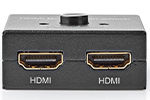
HDMI port

Smart TV or any other compatible device
Now that we’re well-versed in how the two work, let’s roll up our sleeves and take a tour through the main features that differentiate streaming and cable. Let’s get into it, shall we?
1. Flexibility
I asked a few colleagues in my workplace which service (streaming or cable) they think offers more flexibility. This is what the streaming TV subscribers had to say:
‘Streaming and flexibility go hand in hand. If I’m bored at work, I instantly take out my smartphone, open the Netflix app, and start watching an episode of my favorite show. This is how flexible streaming is. All you need is a smart device and a steady internet connection, and you’re good to go.’
On the other hand, my colleagues who have a cable TV subscription said:
‘Cable TV doesn’t offer the flexibility to enjoy entertainment whenever and wherever you like. Besides, you need a cable box, and obviously you can’t carry that around with you everywhere.’
One of them, however, pointed out a very interesting fact that really opened my eyes. This is what he said:
‘Some cable TV providers have introduced apps that allow users to stream both cable and on-demand content. Thanks to these apps, cable TV users can now also enjoy flexibility.’
This new app feature really amazed me, and I started searching for the cable TV providers that offer such streaming applications. Mentioned below are the shortlisted providers:
My verdict: As far as flexibility is concerned, streaming wins; however, if you want flexibility while staying true to cable TV, then sign up with providers that offer streaming applications.
2. Video Quality
To understand this point, you need to keep this equation in mind:
Streaming is directly proportional to the quality of your internet connection.
- The stronger your connection, the better your picture quality.
- The weaker your connection, the lower your video quality.
It’s as simple as that. If you’re signed up with a fiber internet connection, then you’re in a good position, because fiber providers offer symmetrical internet speeds, high bandwidth, and increased reliability. However, if you’re using a DSL or satellite internet connection, then you might have to face frequent buffering, lag, and, of course, high latency, leading to pixelated screens and poor video quality.
This shows that when opting for streaming TV, you also need to be mindful of the connection type you’re using.
Cable subscribers, on the other hand, don’t have to worry about low video quality. I’m saying this because cable TV does not rely on internet speeds to deliver stable quality. Its wired infrastructure provides you with consistent signal quality. This is good news for all those people who want a smooth entertainment experience.
My verdict: If you want better picture video quality, opt for cable TV.
3. Cost
Now comes the last but super important point that will make things very clear for us.
With inflation ruling the world, it’s only wise to analyze your needs and make a monthly budget to maximize savings.
I always try to go very easy on my wallet, and I know a lot of you are following the same approach as well.
So, let’s compare both streaming and cable in terms of cost now, shall we?
You need to understand that when you sign up for cable TV, you’re not only paying for a set number of channels, instead you also have to account for:
- Add-ons
- DVR services
- Equipment fees
These costs add up to your bill, making cable TV expensive.
Streaming TV, in comparison, is generally cheaper.
Before signing up for a streaming service, you’re usually given several pricing options and plans. You can weigh your options and select the plan that suits your budget and entertainment needs.
Moreover, many streaming services offer free trial periods, which you can avail before actually purchasing the subscription.
My verdict: If you’re on a mission to fill up your savings account, then consider signing up for streaming services and enjoy lower monthly bills.
Streaming or Cable - Who Wins?
Cheers to all of us for making it to the end!
But what entertainment platform suits our individual needs?
For my household, streaming is a clear winner. Here’s why:
All my family members work five days a week. On weekends, we want to binge-watch all the latest series without worrying about the channel restrictions. Plus, we’re almost always travelling, so entertainment on the go would suit us the best. And lastly, we’re all big on saving. If our streaming TV bill helps us boost the savings account, then it’s streaming all the way!
However, this is my choice based on my family’s preferences and lifestyle.
If, after analyzing all the pointers discussed above, you feel like cable TV is your best bet, then go for it.
In the end, what matters is your budget and convenience. Choose the option that aligns with your requirements. Good luck choosing the entertainment platform of your dreams!
FAQ’s
Do I really need cable TV anymore?
You won’t necessarily need cable TV if you:
- Like the flexibility of watching your shows whenever you like
- Want access to a wide variety of entertainment options
- Want to get rid of your heavy cable TV bill
What is the most famous streaming service?
Netflix is a popular streaming service, mainly because it offers a huge variety of movies, shows, and documentaries to over 200 million subscribers. It also features its original content, which is loved by a lot of people around the world.
Which has better video quality: streaming or cable?
Cable has a better video quality because streaming relies on the internet. So, if your internet connection is poor, you will experience high latency, lag, and buffering, causing your screen to be pixelated. Your TV shows might also frequently get stuck.
